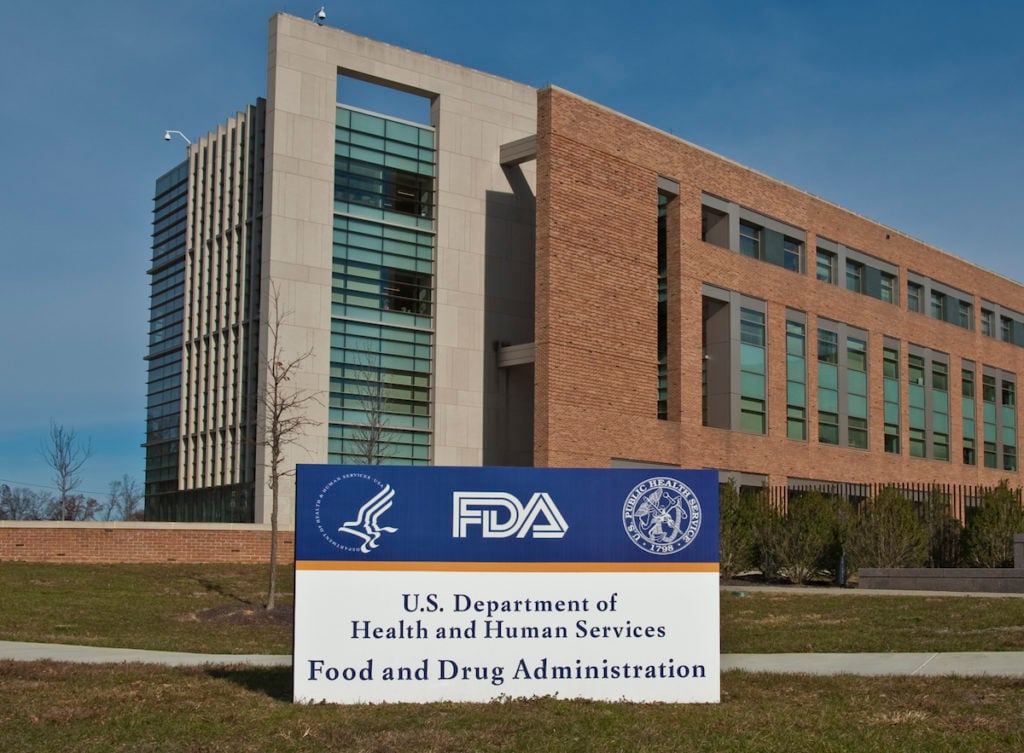
The FDA is proposing changes to its gay blood ban. The agency has recommended changing its blood donation guidelines for gay and bisexual men and women who have sex with gay — They would focus on sexual behaviors instead of gender or sexual orientation, the Food and Drug Administration announced on Friday. Photo: FDA
The FDA is proposing changes to its gay blood ban.
The agency has recommended changing its blood donation guidelines for gay and bisexual men and women who have sex with gay — They would focus on sexual behaviors instead of gender or sexual orientation, the Food and Drug Administration announced on Friday.
The agency said that the change would be in line with similar policies in Canada and the United Kingdom.
The new rules would allow gay and bisexual men to donate blood if they have not engaged in certain sexual behavior, such as anal sex, in the past few months. Current rules prohibit gay men from donating blood if they have had any sexual activity in the past three months with another man.
In its announcement, the FDA said the proposed changes wouldn’t harm the blood supply.
“Whether it’s for someone involved in a car accident, or for an individual with a life-threatening illness, blood donations save lives every day,” FDA Commissioner Dr. Robert M. Califf said. “Maintaining a safe and adequate supply of blood and blood products in the U.S. is paramount for the FDA, and this proposal for an individual risk assessment, regardless of gender or sexual orientation, will enable us to continue using the best science to do so.”
Also, all prospective donors will be asked about new or multiple sexual partners in the past three months. If they did have new or multiple partners, a prospective donor will be asked about having had anal sex in the past three months. People who had would be prevented from donating.
A potential donor will be eligible if they haven’t had new or multiple sexual partners, had anal sex, and if they meet other previous criteria.
People who take PrEP or PEP would be deferred for three months from their most recent dose, the FDA said.
People taking injectable PrEP or PEP would have to defer for two years since their last dose. The agency said this was due to “available data” that indicates that PrEP and PEP could interrupt HIV detection in some screening tests for blood donations.
The FDA urged people on PrEP to continue taking the medication and should not stop taking it in order to donate blood.
The FDA will open the proposal to public comment for 60 days.
LGBTQ+ rights groups said the draft guidelines are a good first step.
“Lambda Legal applauds the FDA’s long overdue steps to catch up with the science and eliminate the discriminatory barriers to blood donation from the LGBTQI+ community,” Lambda Legal HIV project director Jose Abrigo said in a statement. “For decades, the Food and Drug Administration has banned blood donations by MSMs (“men who have sex with men”) as a result of the AIDS crisis in the 1980s, ignoring the evolving science and latest medical evidence. As a result, this blanket and inflexible restriction has led to unfounded and misleading stigma against the gay community. The new FDA guidance and proposed regulations are a huge step forward to ending stigma against the LGBTQI+ community.
Abrigo also noted that more work needs to be done on the draft guidelines pertaining to risk assessment factors.
“The current risk assessment policy still unnecessarily stigmatizes and bans people that engage in behaviors such as having multiple sexual partners and sex work,” Abrigo said.
Also, the draft limits the ability to donate for people on HIV-prevention medications such as PrEP, PEP, and antiretrovirals.
“We must be conscious to not further stigmatize these safe sex practices,” Abrigo said.
